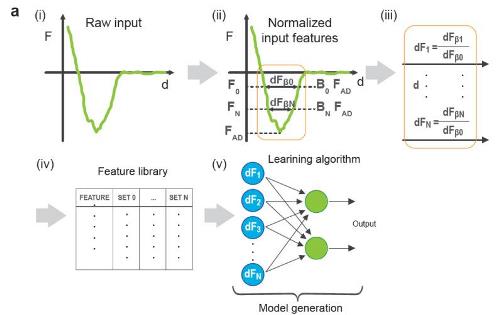
Matteo Chiesa
Khalifa University of Science and Technology, UAE
Title: Tapping on the shoulders of giants
Biography
Biography: Matteo Chiesa
Abstract
With the advent of the atomic force microscope (AFM) over two decades ago, the scientific community believed to have found the key instrument to identify, measure and tabulate the fundamental forces of nature that nanostructures, molecules and atoms exert onto each other. On the other hand, the quest to identify and recognize atoms or materials from atomic footprints has remained an active field of research up to this date, remains challenging and proves elusive particularly when considering the generalization and standardization of measurements and procedures. In particular, standardization and tabulation in the field of probe microscopy is still lagging far behind other fields of research such as proteomics, metabolomics and genomics that are heavily assisted by computer science, large data bases and powerful search engines that allow rapid access to the data bases. The talk will present our recent effort of enhancing the format of data presentation, processing and storage in probe microscopy and produce databases or repositories mimicking the materials genome initiative, the medical literature analysis and retrieval system online (MEDLARS) or the proteomics identifications database (PRIDE) or that can be searchable online via search engines mimicking PubMed or the PRIDE web interface. This scientific venture aims at tabulating all materials and substances in a fashion similar to that in which the periodic table was originally constructed. It will heavily rely on the assistance of computer science similarly to the way in which bioinformatics assists biology today, for example, in the human genome project, proteomics and metagenomics, providing: 1) relational databases, 2) automated experimental design automation and tutorials, 3) referenced and cross-referenced information, 4) open source codes to algorithms and 5) collaborations with private companies assisting in the design and generation of libraries, algorithms and experimental design. In summary, it aims at mimicking current advanced forms of computer science assisted biology.

Illustrations of (a) i) raw data, ii) input features, iii) normalized input features, to iv) generation of a feature library and v) model generation from a feature library set.

